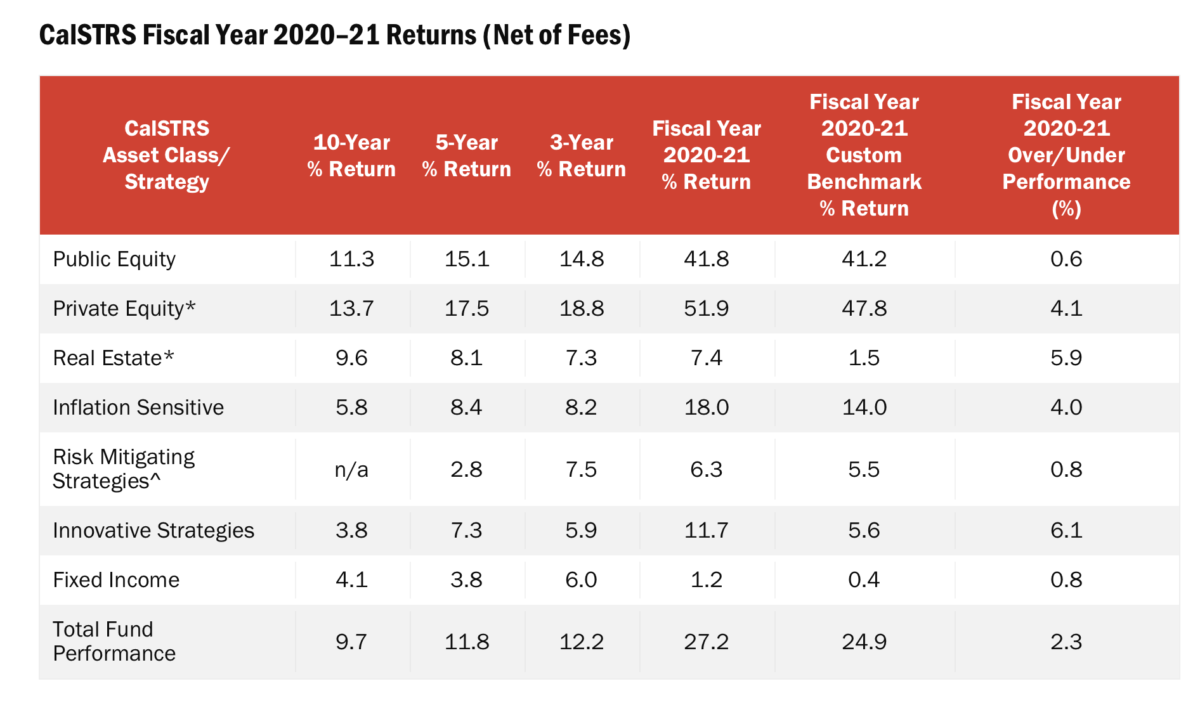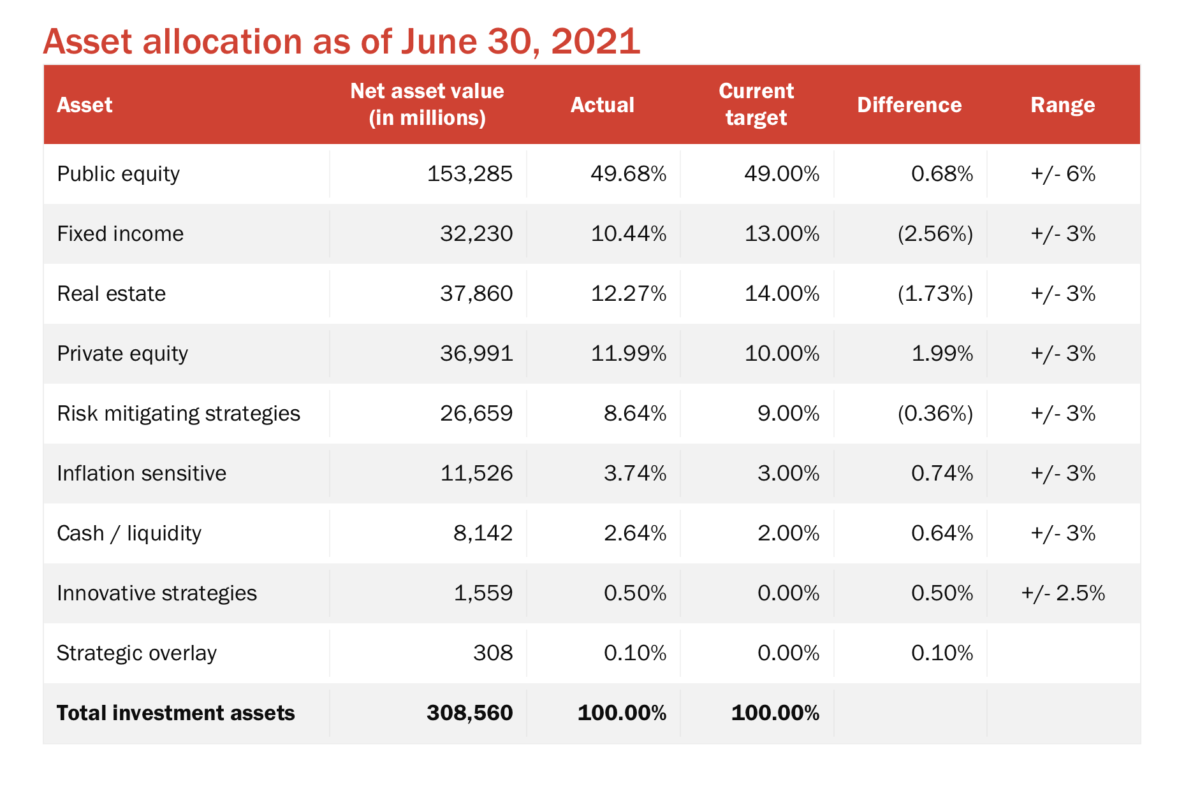From the ‘Great Moderation’ of the 1980’s, to the current day, the inflation environment has been relatively benign, with the policies of recent years mostly concerned with preventing deflation. However, as economies begin to rebound from the Covid crisis, inflation has ticked up. Is the current rise in inflation transitory, or could we see Central banks move to tighten policy? David Parsons and David Lloyd walk through the history of what has led us to this point and what to look out for.
Disclosures and important information
For Investment Professionals only. Not for onward distribution. No other persons should rely on any information contained within. This guide reflects M&G’s present opinions reflecting current market conditions. They are subject to change without notice and involve a number of assumptions which may not prove valid. The distribution of this guide does not constitute an offer of, or solicitation for, a purchase or sale of any investment product or class of investment products, or to provide discretionary investment management services. These materials are not, and under no circumstances are to be construed as, an advertisement or a public offering of any securities or a solicitation of any offer to buy securities. It has been written for informational and educational purposes only and should not be considered as investment advice, a forecast or guarantee of future results, or as a recommendation of any security, strategy or investment product. Reference in this document to individual companies is included solely for the purpose of illustration and should not be construed as a recommendation to buy or sell the same. Information is derived from proprietary and non-proprietary sources which have not been independently verified for accuracy or completeness. While M&G Investments believes the information to be accurate and reliable, we do not claim or have responsibility for its completeness, accuracy, or reliability. Statements of future expectations, estimates, projections, and other forward-looking statements are based on available information and management’s view as of the time of these statements. Accordingly, such statements are inherently speculative as they are based on assumptions which may involve known and unknown risks and uncertainties. Actual results, performance or events may differ materially from those expressed or implied in such statements. All forms of investments carry risks. Such investments may not be suitable for everyone. United States: M&G Investment Management Limited is registered as an investment adviser with the Securities and Exchange Commission of the United States of America under US laws, which differ from UK and FCA laws. Canada: upon receipt of these materials, each Canadian recipient will be deemed to have represented to M&G Investment Management Limited, that the investor is a ‘permitted client’ as such term is defined in National Instrument 31-103 Registration Requirements, Exemptions and Ongoing Registrant Obligations. Australia: M&G Investment Management Limited (MAGIM) and M&G Alternatives Investment Management Limited (MAGAIM) have received notification from the Australian Securities & Investments Commission that they can rely on the ASIC Class Order [CO 03/1099] exemption and are therefore permitted to market their investment strategies (including the offering and provision of discretionary investment management services) to wholesale clients in Australia without the requirement to hold an Australian financial services licence under the Corporations Act 2001 (Cth). MAGIM and MAGAIM are authorised and regulated by the Financial Conduct Authority under laws of the United Kingdom, which differ from Australian laws. Singapore: For Institutional Investors and Accredited Investors only. In Singapore, this financial promotion is issued by M&G Real Estate Asia Pte. Ltd. (Co. Reg. No. 200610218G) and/or M&G Investments (Singapore) Pte. Ltd. (Co. Reg. No. 201131425R), both regulated by the Monetary Authority of Singapore. Hong Kong: For Professional Investors only. In Hong Kong, this financial promotion is issued by M&G Investments (Hong Kong) Limited. Office: Unit 1002, LHT Tower, 31 Queen’s Road Central, Hong Kong. South Korea: For Qualified Professional Investors. China: on a cross-border basis only. Japan: M&G Investments Japan Co., Ltd., Investment Management Business Operator, Investment Advisory and Agency Business Operator, Type II Financial Instruments Business Operator, Director-General of the Kanto Local Finance Bureau (Kinsho) No. 2942, Membership to Associations: Japan Investment Advisers Association, Type II Financial Instruments Firms Association. This document is provided to you for the purpose of providing information with respect to investment management by Company’s offshore group affiliates and neither provided for the purpose of solicitation of any securities nor intended for such solicitation of any securities. Pursuant to such the registrations above, the Company may: (1) provide agency and intermediary services for clients to enter into a discretionary investment management agreement or investment advisory agreement with any of the Offshore Group Affiliates; (2) directly enter into a discretionary investment management agreement with clients; or (3) solicit clients for investment into offshore collective investment scheme(s) managed by the Offshore Group Affiliate. Please refer to materials separately provided to you for specific risks and any fees relating to the discretionary investment management agreement and the investment into the offshore collective investment scheme(s). The Company will not charge any fees to clients with respect to ‘(1) and ‘(3) above. M&G Investments is a direct subsidiary of M&G plc, a company incorporated in the United Kingdom. M&G plc and its affiliated companies are not affiliated in any manner with Prudential Financial, Inc, a company whose principal place of business is in the United States of America or Prudential Plc, an international group incorporated in the United Kingdom. This financial promotion is issued by M&G International Investments S.A. in the EU and M&G Investment Management Limited elsewhere (unless otherwise stated). The registered office of M&G International Investments S.A. is 16, boulevard Royal, L-2449, Luxembourg. M&G Investment Management Limited is registered in England and Wales under number 936683, registered office 10 Fenchurch Avenue, London EC3M 5AG. M&G Investment Management Limited is authorised and regulated by the Financial Conduct Authority. M&G Real Estate Limited is registered in England and Wales under number 3852763 and is not authorised or regulated by the Financial Conduct Authority. M&G Real Estate Limited forms part of the M&G Group of companies.

